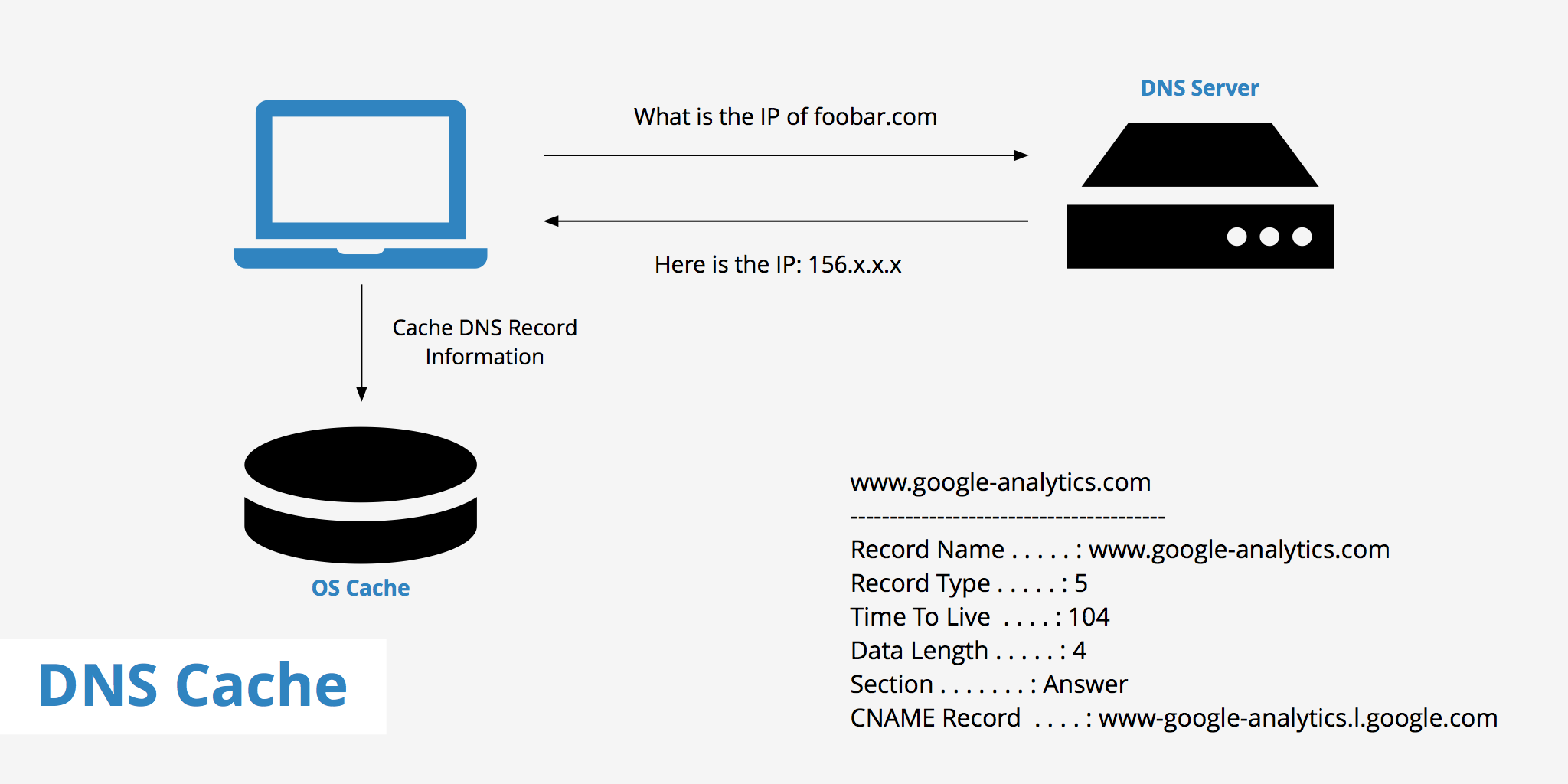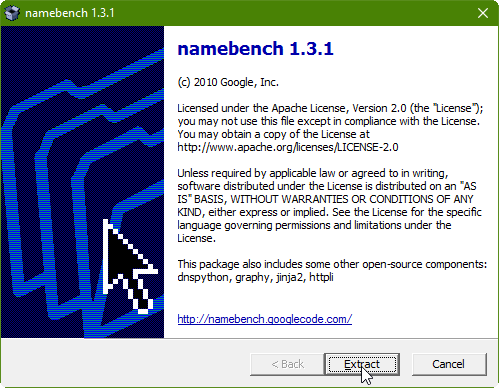

This has more to do with the re-thinking of the way networks are architected.
WHATS A DNS BENCHMARK TOOL FOR MAC HOW TO
It's been the "standard" strategy for solving DNS issues for entirely too long, and plenty of information on how to eliminate this type of "attack" is already available.

This is *not* an article detailing the mitigation of a HOSTS file attack. We have seen quite a few vulnerabilities of the DNS protocol exploited over the years, the most primitive being the HOSTS file.

That's all fine and good when the 'Netizens were nice and jolly folks, but it didn't take long for the Web to evolve and, well, sometimes DNS cache can be the weakest point of your network. You see, since DNS arose during a time where "real-time" anything was not technically possible to aid performance and allow for USABLE networks, DNS answers were logged into a locally stored 'cache' or database on the DNS server which issues the query. Except there are sometimes problems that arise that cause the peasants to NOT rejoice, and for network engineers to curse the vile notion of DNS. Once an answer is found, it is passed back to the client requesting it, and the routing and magic of the TCP protocol kicks into gear, and the peasants rejoice. ) and looks at the locally configured 'Nameservers' for the "answer" to the question: 'What is the IP address of ?'. In its simplest explanation, DNS takes a name (e.g. Until it didn't, and some nice folks at ARIN and ICANN came along and began the system we use today: DNS. It was a nicer and friendlier place, and that system worked well. Think "blockchain" for EVERY SINGLE HOST that existed on the 'Net back then. However, due to the limitations of computing (especially storage and bandwidth) at the time, the early versions of DNS simply used a "distributed" text file for name resolution. To help us get from one side of the world to the other, with little angst. It's because of this, that as the Internet began to grow, the DNS (Domain Name System) was created. They help, but in reality, words and language are what separate us from our impending robotic overlords. Strings of numbers are just simply not how humans identify information. Without it, only the most uber-geeky of computer scientists would be able to traverse it. But thankfully, and all because of Al Gore (sarcasm) we have the DNS mechanism that gives us easy names to remember how to get to our favorite resources.ĭNS basically runs the Internet. No, remembering strings of numbers would be next to impossible. Can you imagine having to remember a string of numbers instead of a fancy name to get to your desired or 266.844.11.66 or even 867.53.0.9 would be very hard to remember. Essentially, DNS requests are "cached", or stored, into a database which can be queried in almost real-time to point names like '' or '' to their appropriate IP addresses. The first thing to understand about DNS 'poisoning' is that the purveyors of the Internet were very much aware of the problem. What is DNS poisoning/spoofing?ĭomain name system (DNS) cache poisoning, also known as DNS spoofing, is a method of computer hacking in which traffic is maliciously diverted to a victim's computer via corrupted cached data/files. So, let's silence the alerting system, and get down to what DNS poisoning is, why it's still around, and one of the best ways to solve it. Instead of becoming a party to the hoopla that is partisan politics surrounding THAT issue, let me assure you there are many different mitigation strategies for not only securing your own network against DNS poisoning, but also working towards a harmonious kum-by-ah solution that in the end, may end up resolving (pun intended) the DNS plight. Much of what we know now about DNS, address protocol, and packet priority is being redefined with the recent 'Net Neutrality' legislation. What if my RNDC key gets leaked? Could there be a rogue DHCP server within my perimeter? Are the Lizard Squad planning an attack on for Christmas? Simply the name conjures up the kind of thoughts that keep network admins up at night.


 0 kommentar(er)
0 kommentar(er)
